
EVERYTHING PROCEDURAL
EPC2026
07-10 April 2026
CONFERENCE ON PROCEDURAL GENERATION FOR GAMES
meet and share knowledge
From Tuesday 7 April to Friday 10 April 2026 Breda University of Applied Sciences will host the Everything Procedural Conference for a variety of lectures, talks, demonstrations and masterclasses in the field of procedural content generation for games on our beautiful campus in Breda, the Netherlands. The event offers many opportunities to meet and share knowledge with fellow developers.
In 2026 Everything Procedural will have its 10th anniversary. In the years since we have started, we have gained strong recognition as a leading conference in the field of procedural content for games.
Conference
TUESDAY 07-04-2026 & WEDNESDAY 08-04-2026
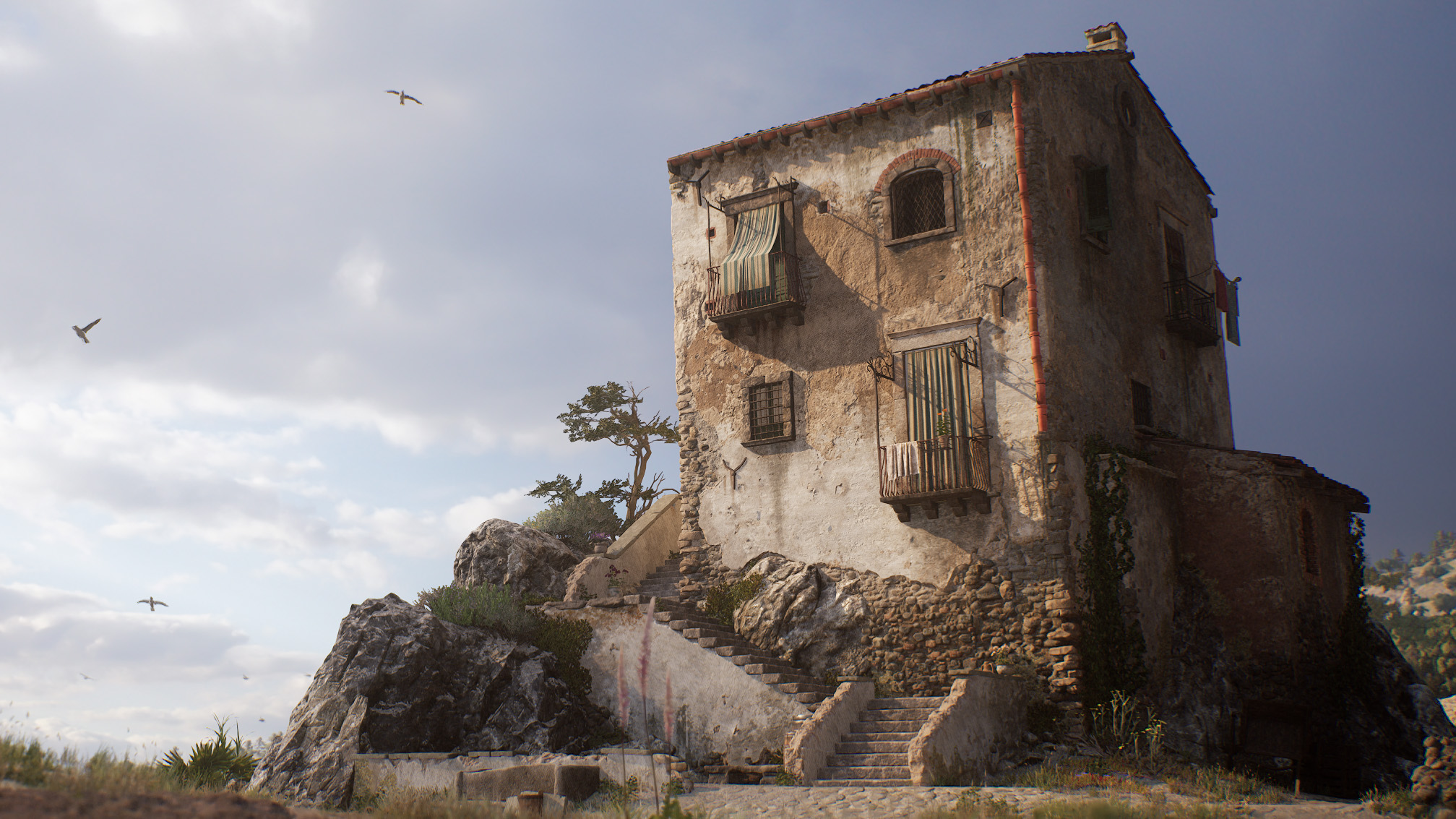
Reimaging Sicily: Procedural Building Generation in Mafia:
The Old Country
Creating the world of Mafia: The Old Country required a perfect marriage between artistic vision and technical innovation. Drawing on his journey from Environment Artist to Technical Artist, Jan shares how they designed a procedural building system that empowers artists rather than replacing them. Jan explores how the team balanced high-end visuals with production efficiency, the lessons learned from our biggest challenges, and how to foster better collaboration between creative and technical roles. Gain a practical look at how modern procedural tools bring historic settings to life.
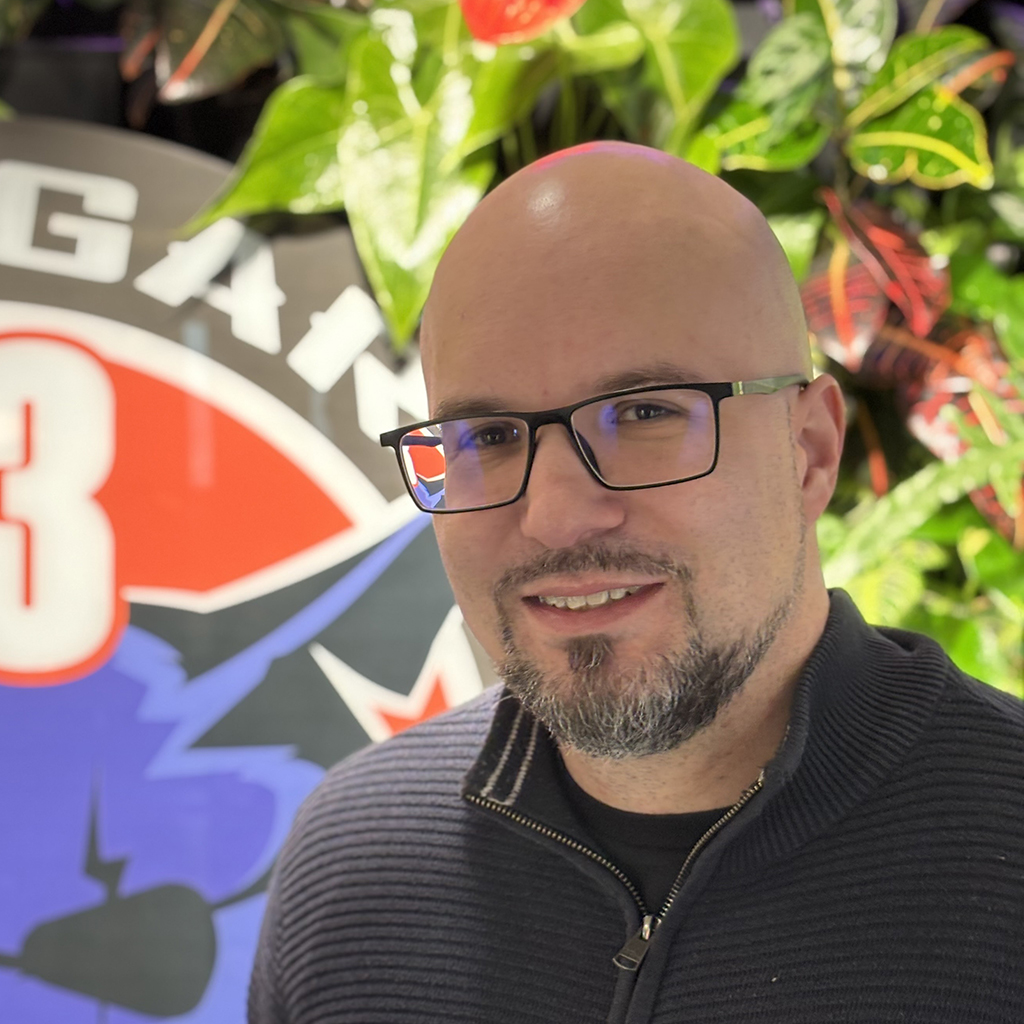
Jan Dobrovolny
Hangar 13
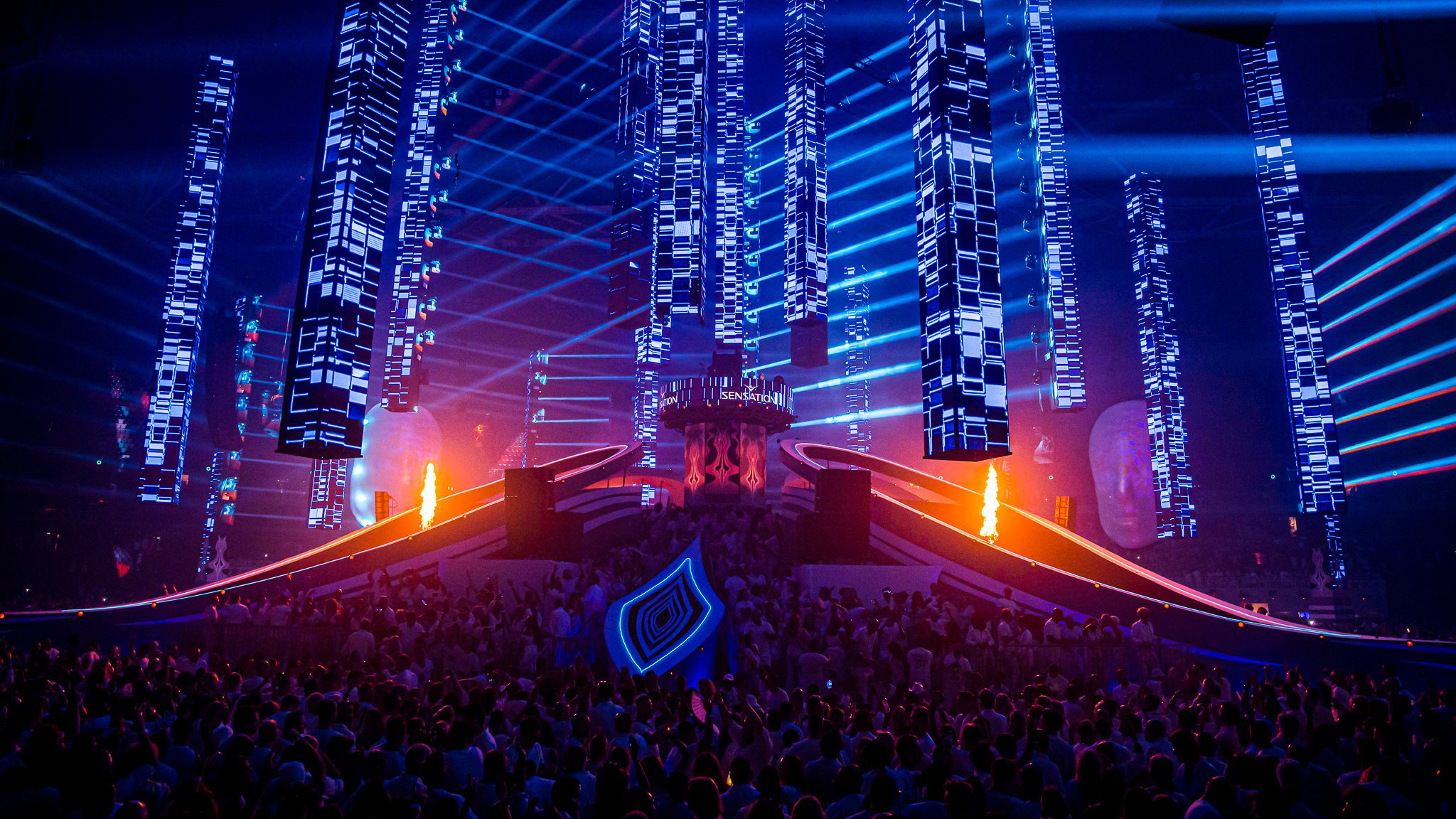
Parametric Thinking
y=f(x) lab explores the synergy of design, science, and technology through the lens of Parametric Thinking. We investigate the possibilities of building and controlling complex systems and algorithms without losing the ability to manage, adapt, and design. Using TouchDesigner as our foundational platform, we treat data as a primary design ingredient, shifting our role from traditional designers to system curators. Through recent case studies, we demonstrate how a modular, data-driven pipeline keeps even the most intricate systems manageable and scalable. This approach centers on a real-time workflow that fosters a constant state of play, allowing for “happy accidents” to emerge within a precision-engineered framework.
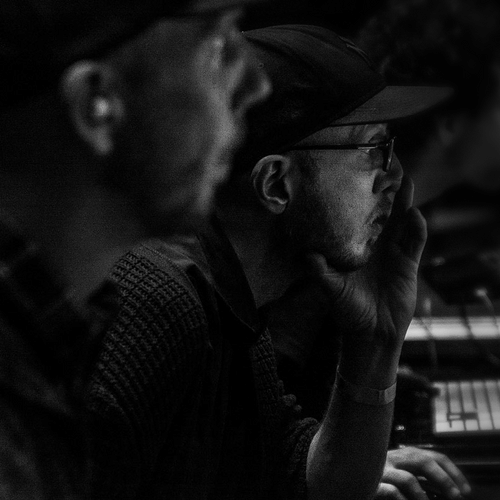
Roy Gerritsen
y=f(x) lab
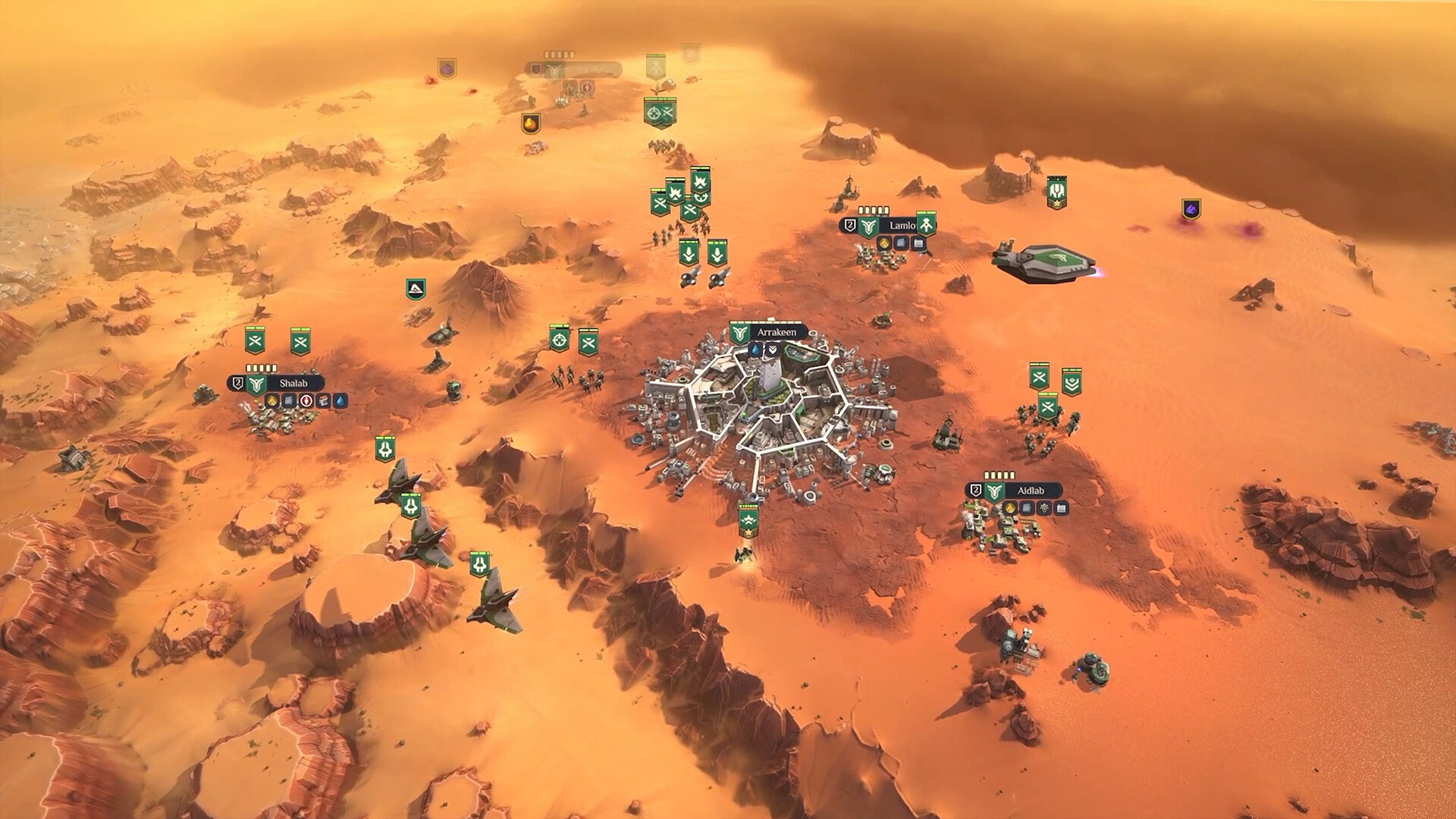
Generating Arrakis – Procedural terrain in Dune: Spice Wars
A practical deep dive into how we generated procedural terrain for Dune: Spice Wars with a team of 2 over less than 2 years. This talk covers the challenge of creating diverse desert landscapes with constrained and precise art direction. We show the development process from early prototypes to final implementation, including failed experiments and the many iterations required to achieve natural-looking results while meeting strict gameplay requirements for a procedurally-generated map.
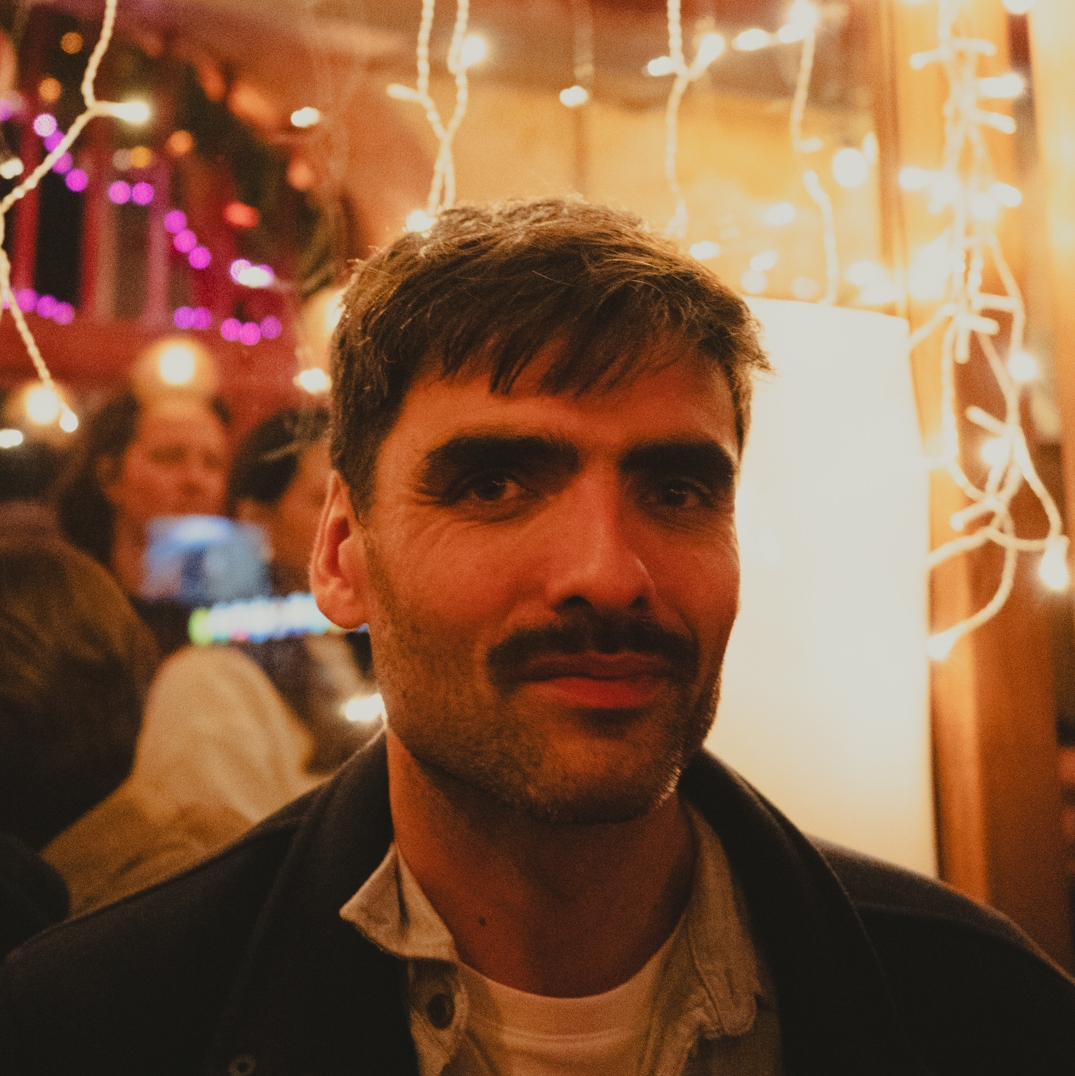
Tom Rethaller
Freelance

Sea Of Rifts: Real-Time GPU Procedural Techniques
Sea Of Rifts generates its world in real time using shader-based procedural techniques. This talk demonstrates how we achieve visual variety through GPU tricks: dynamically varying scenery via position-based modulation, recoloring assets with HSV shifts and masking, advanced 2D subtiling on texture subregions, procedural landscape texturing, SDF-based UI generation, and a modular portrait system linking facial features to character traits.
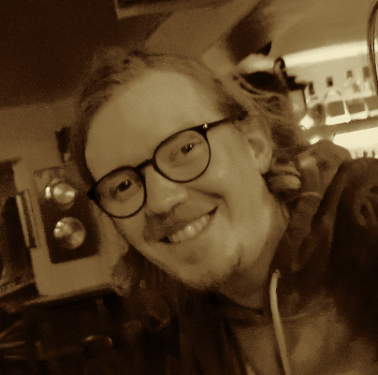
Alexander Birke
Out Of Bounds Games
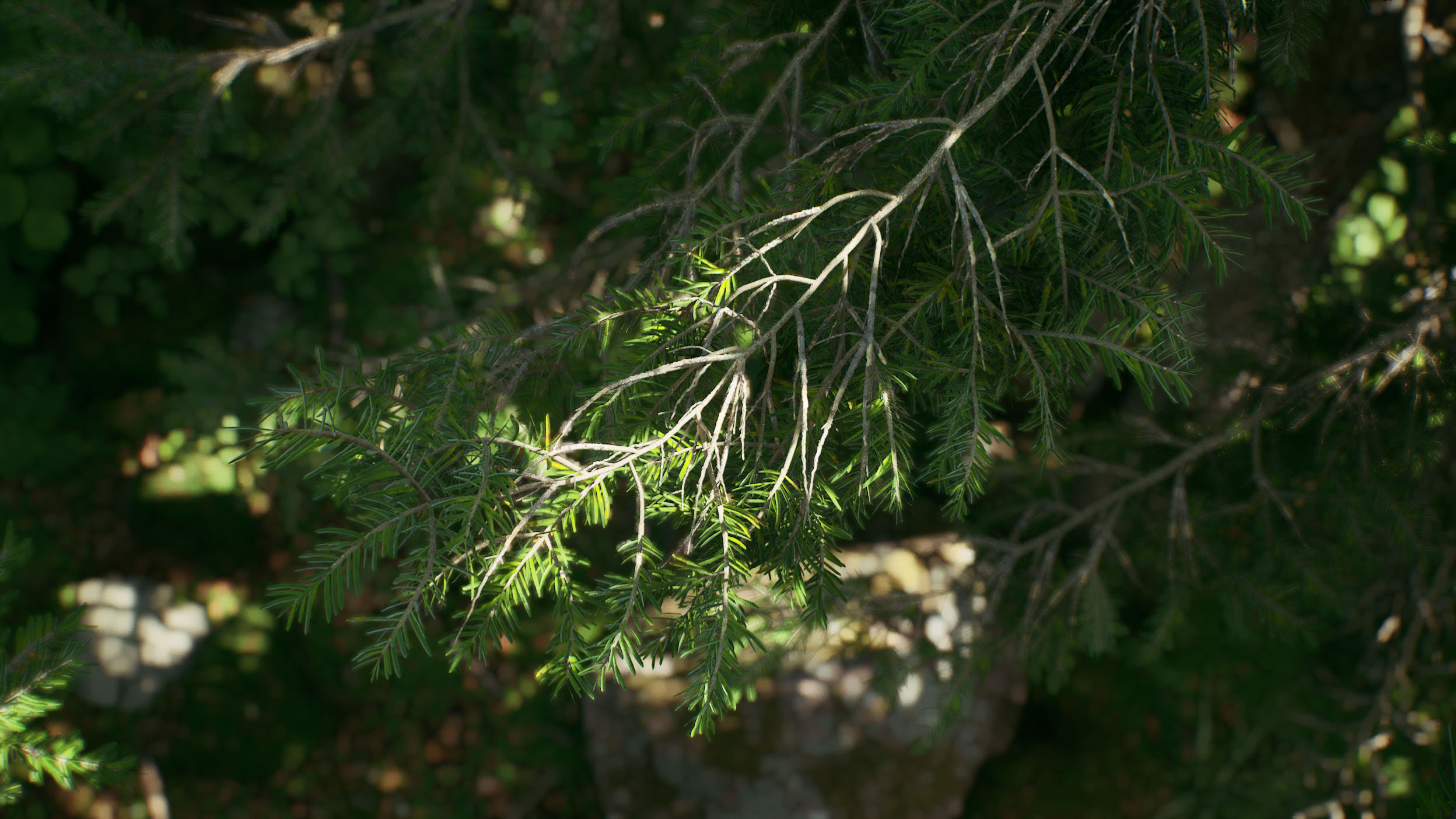
Procedural Vegetation Editor: Growing Procedural Networks
PVE is a node based procedural vegetation creation and editing system for Unreal Engine. This vegetation system aims to consolidate a magnitude of various vegetation generation methods under one umbrella and offer power users a way to turn their assets into tools.
This talk will go over how we designed our systems to be able to amalgamate our growth algorithm with other creation methods and through an agnostic component based approach we were able to handle the shifting landscape of real time render technology.
We take a look at the journey of PVE as an internal Houdini based tool suite to a native part of the Unreal Engine engine eco system.

Oyvind Fiksdal
Epic Games
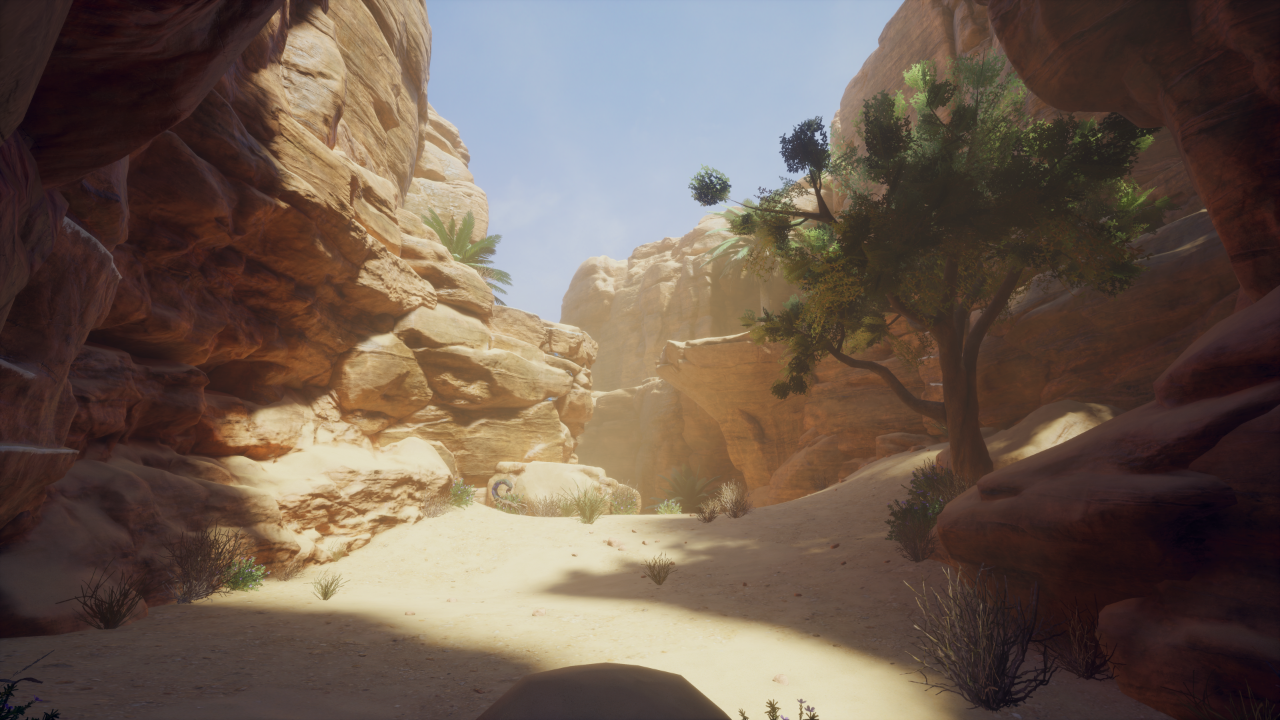
Integrating Unreal Engine's PCG Framework into a VR Production Pipeline
During this talk, Tim Verberne from Vertigo Games Amsterdam will show how they integrated Unreal Engine’s PCG framework into a VR production pipeline with tight performance constraints for mobile VR.
The team created an automated offline baking system that converts PCG output into optimized, shippable content, without slowing down artist iteration in the editor.
The talk will cover the tools and build setup that made the PCG framework dependable in day-to-day work at the studio. It also breaks down the challenges of integrating PCG into an existing world-building workflow, and how those issues were tackled to make it work in production.

Tim Verberne
Vertigo Games
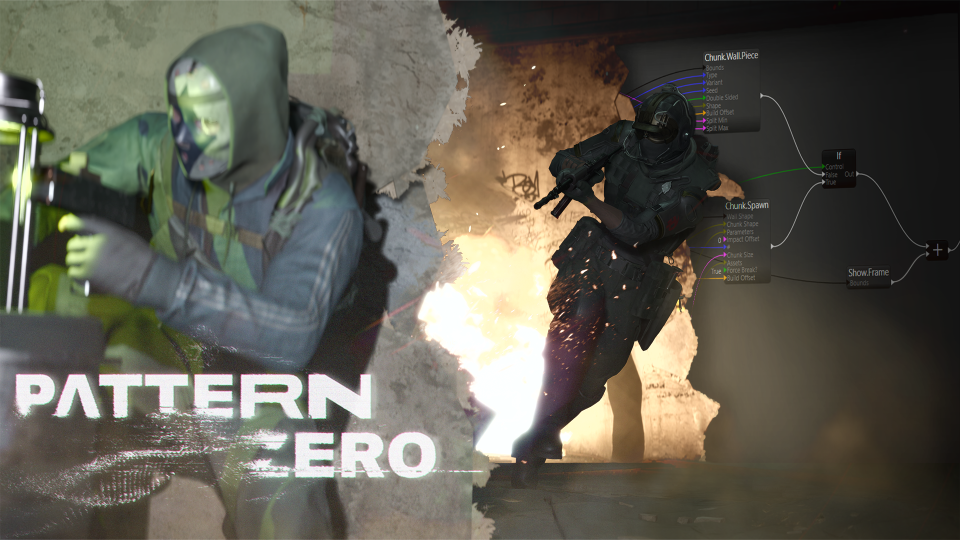
RUNTIME PROCEDURAL DESTRUCTION: MORE BANG FOR YOUR BUCK
Solving the need to support strategic demolition mechanics in new destruction focused tactical shooter “Pattern Zero” using novel techniques and sophisticated technology. Run-time dynamic destruction, network sync’d changes, accurate collision, high fidelity rich visuals, all enabled by the Apparance plugin for Unreal. See how layering multiple tech-art and proc-gen techniques can be used to effectively provide impressive gameplay and visuals.

Thomas Atchley
Backpain Games

Sam Swain
Apparance Studios
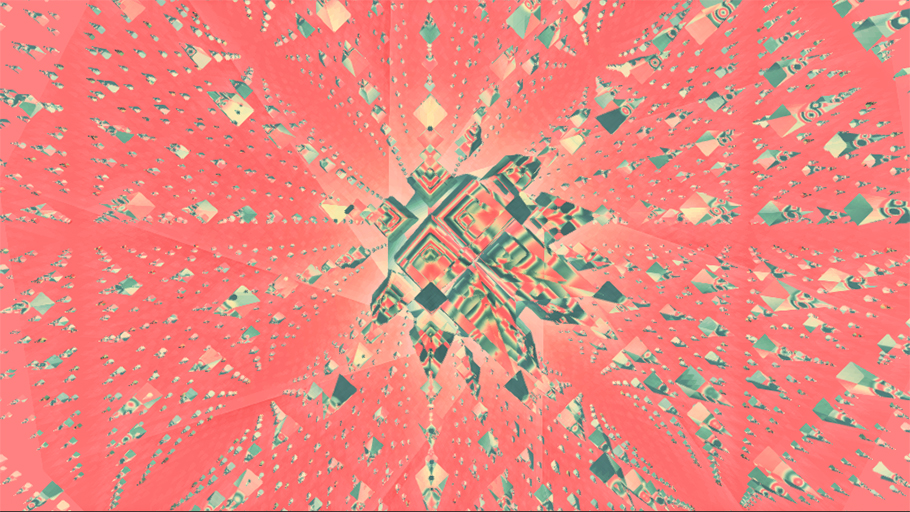
cables.gl - node based realtime graphics in the browser
cables.gl is a browser-based visual programming platform for creating real-time interactive graphics. Built around a simple node-and-cable workflow, it enables designers, developers, and artists to prototype, animate, and share projects instantly, right from the browser. The platform has been in continuous development for more than 10 years and is supported by a growing, established community of artists, educators, and developers. cables.gl brings together WebGL, WebAudio, and a large library of operators, making it easy to build everything from data-driven installations to playful generative artworks. It is free, open source, and community-driven, designed to make creative technology more accessible for everyone.

Thomas Kombuechen
UNDEV
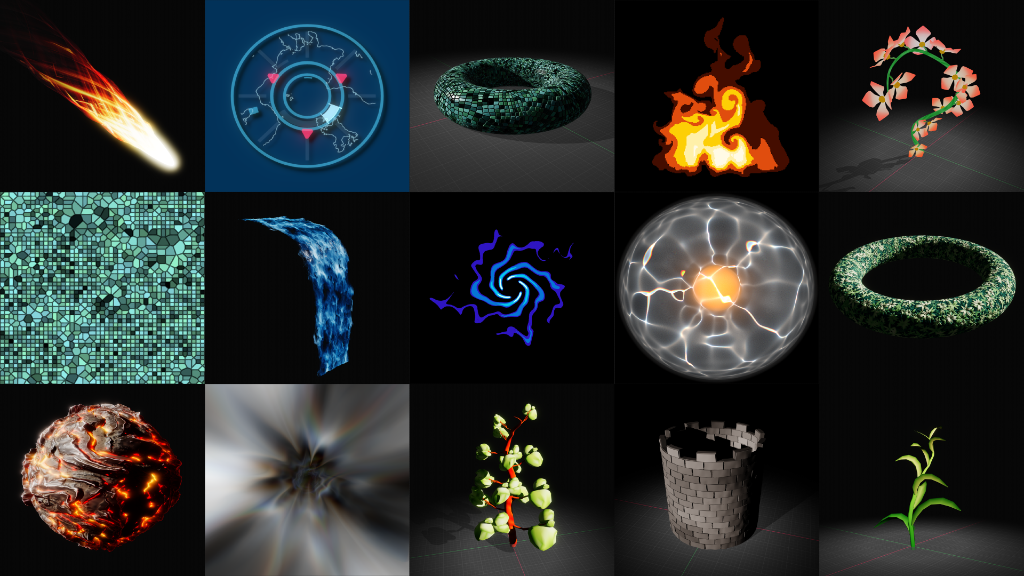
IlluGen, a new take on procedural VFX workflows
We introduce IlluGen, JangaFX’s node-based, real-time VFX asset generator, and show how it fits a procedural generation mindset. You’ll see how a single graph can author the core building blocks behind real-time effects: tiling noise, masks, gradients, distortions, flowmaps, flipbooks, and VFX-oriented meshes with practical data like UVs and pivots. We’ll focus on rapid iteration, parameterization, and turning reusable graphs into production-ready asset libraries, closing with export strategies for engine and procedural pipeline integration.

Gil Damoiseaux
JangaFX
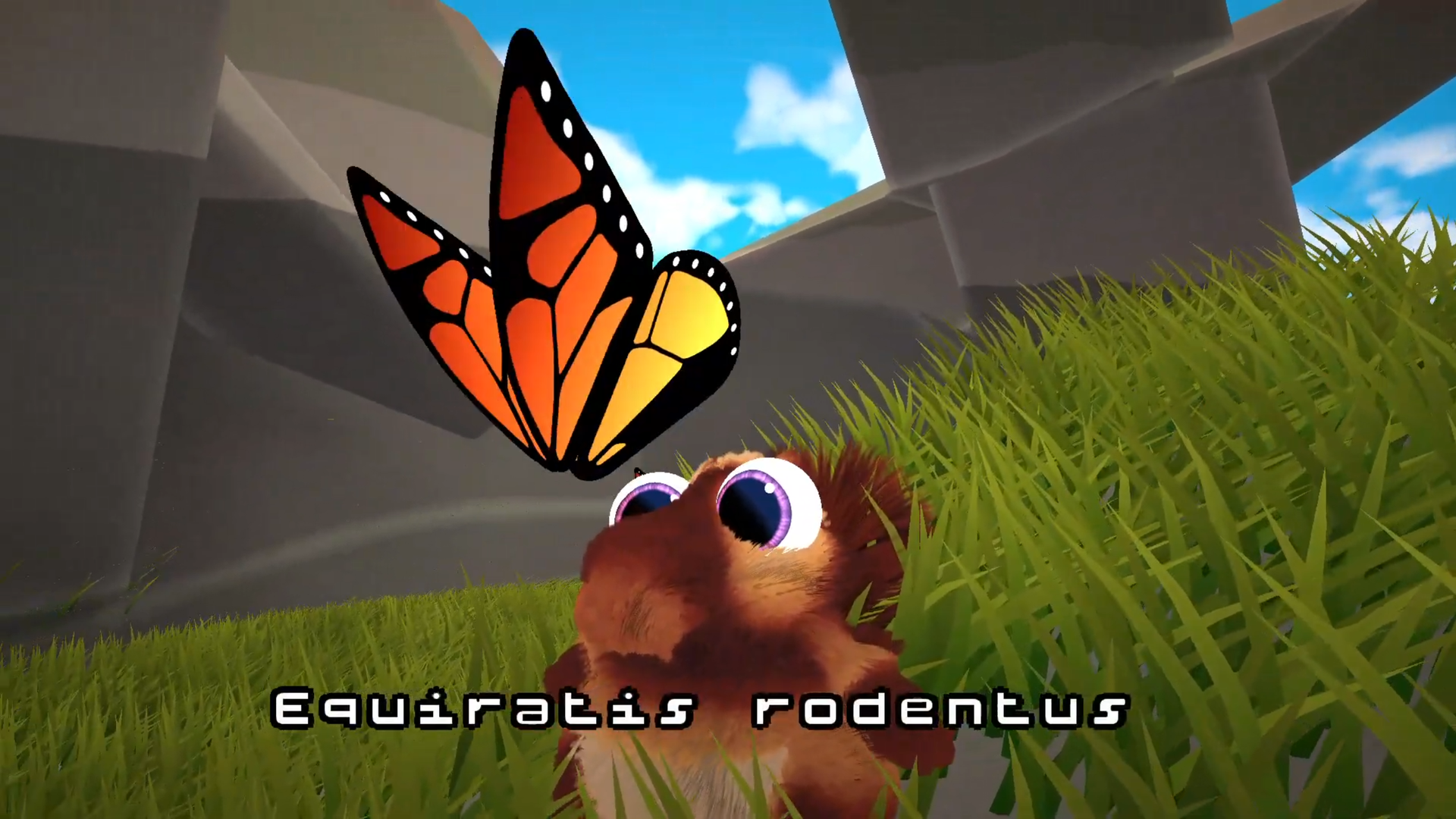
Production techniques and pipeline for creating a 64Kb demoscene production
The talk covers a range of disciplines including procedural animation, modeling, texturing, and light baking. It presents well-known, mostly simple procedural approaches applied by a non-artist developer, with a focus on fast iteration, minimal memory footprint, and visually appealing results.
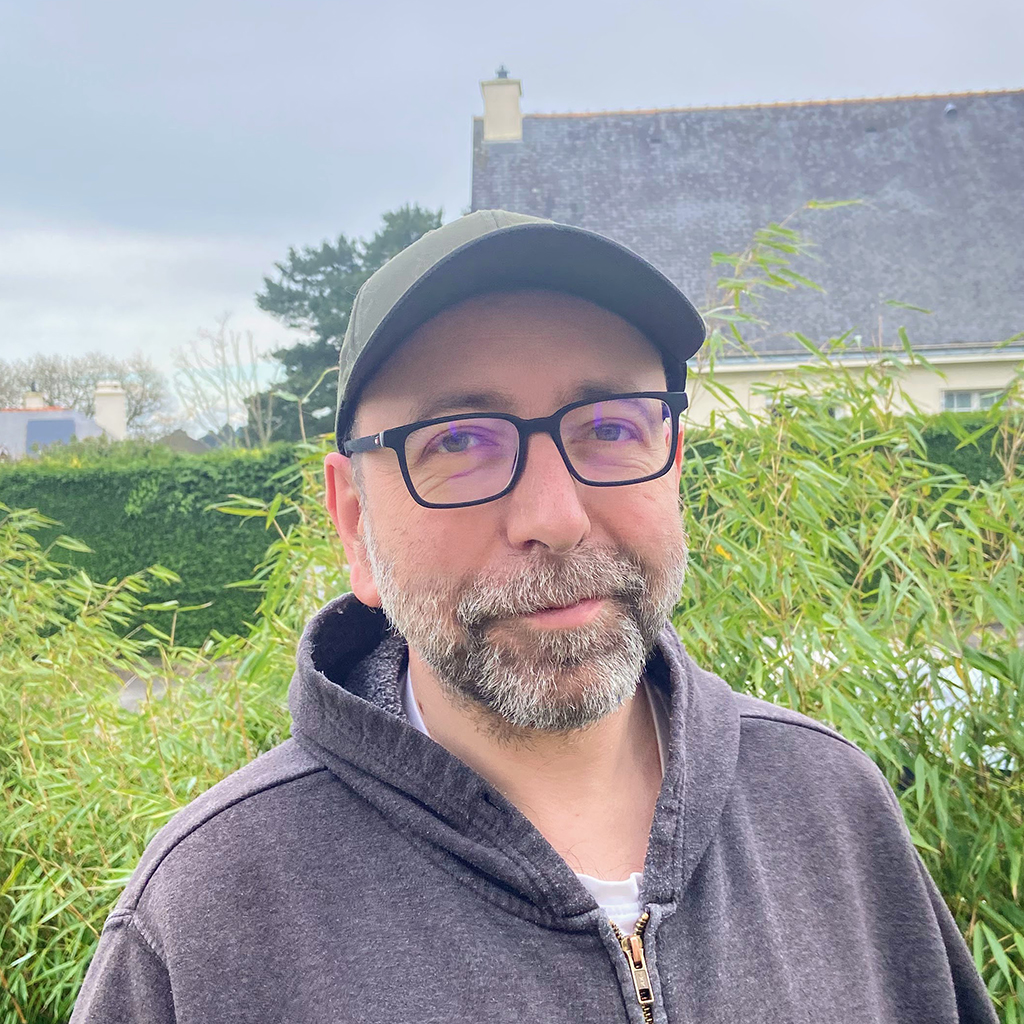
Cedric Guillement
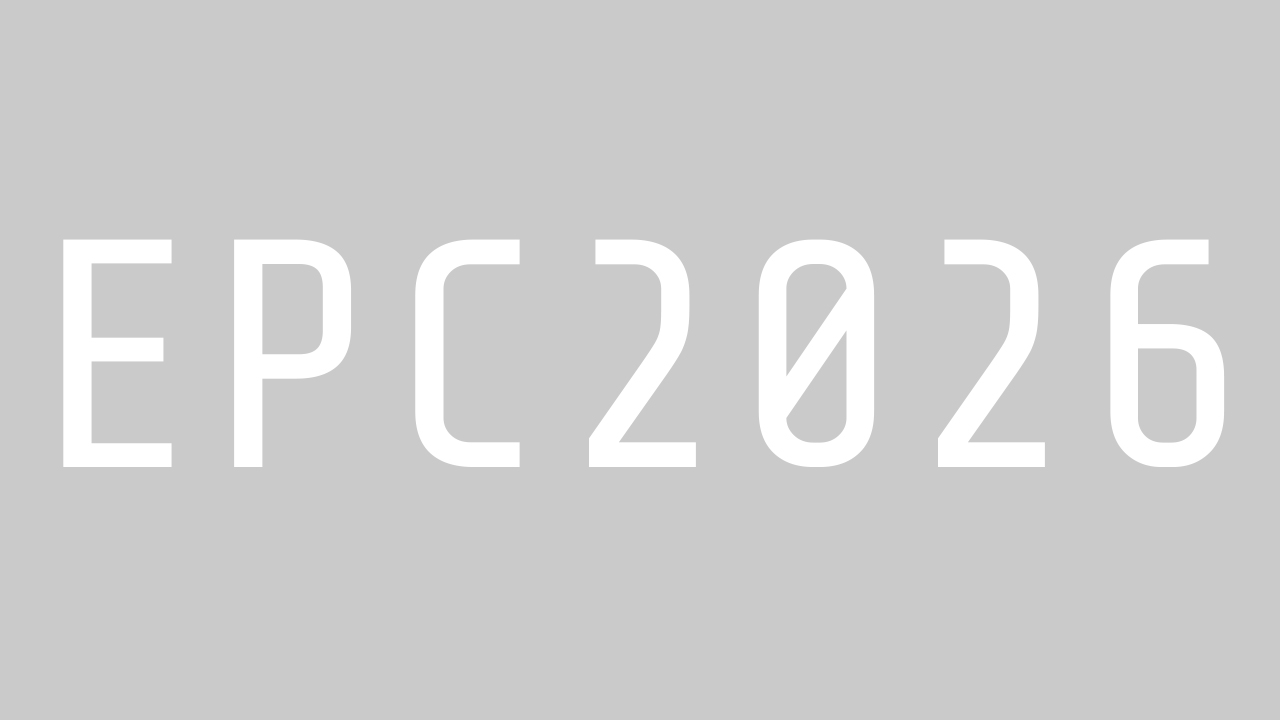
The Engine Will Not Save You: Asset Budgets in Modern Content Pipelines
Modern engines increasingly optimize assets automatically, which can encourage teams to skip budgets, assuming the engine will handle it. Results often look fine on dev PCs but perform poorly on handheld hardware like Switch 2 or Steam Deck. Marc Braun (Senior Producer) and Bastian Rolf (Technical Director) explain why asset budgets still matter, why late-stage auto-reduction backfires, and how to organize an optimization toolchain with validation, rules, and reporting. Attendees leave with a practical framework to improve performance outcomes earlier and more reliably.

Marc Braun
Ubisoft

Bastian
Ubisoft

TO BE ANNOUNCED
To be announced.

TO BE ANNOUNCED
To be announced.

TO BE ANNOUNCED
To be announced.

TO BE ANNOUNCED
To be announced.
MASTERCLASSES
THURSDAY 09-04-2026 & FRIDAY 10-04-2026
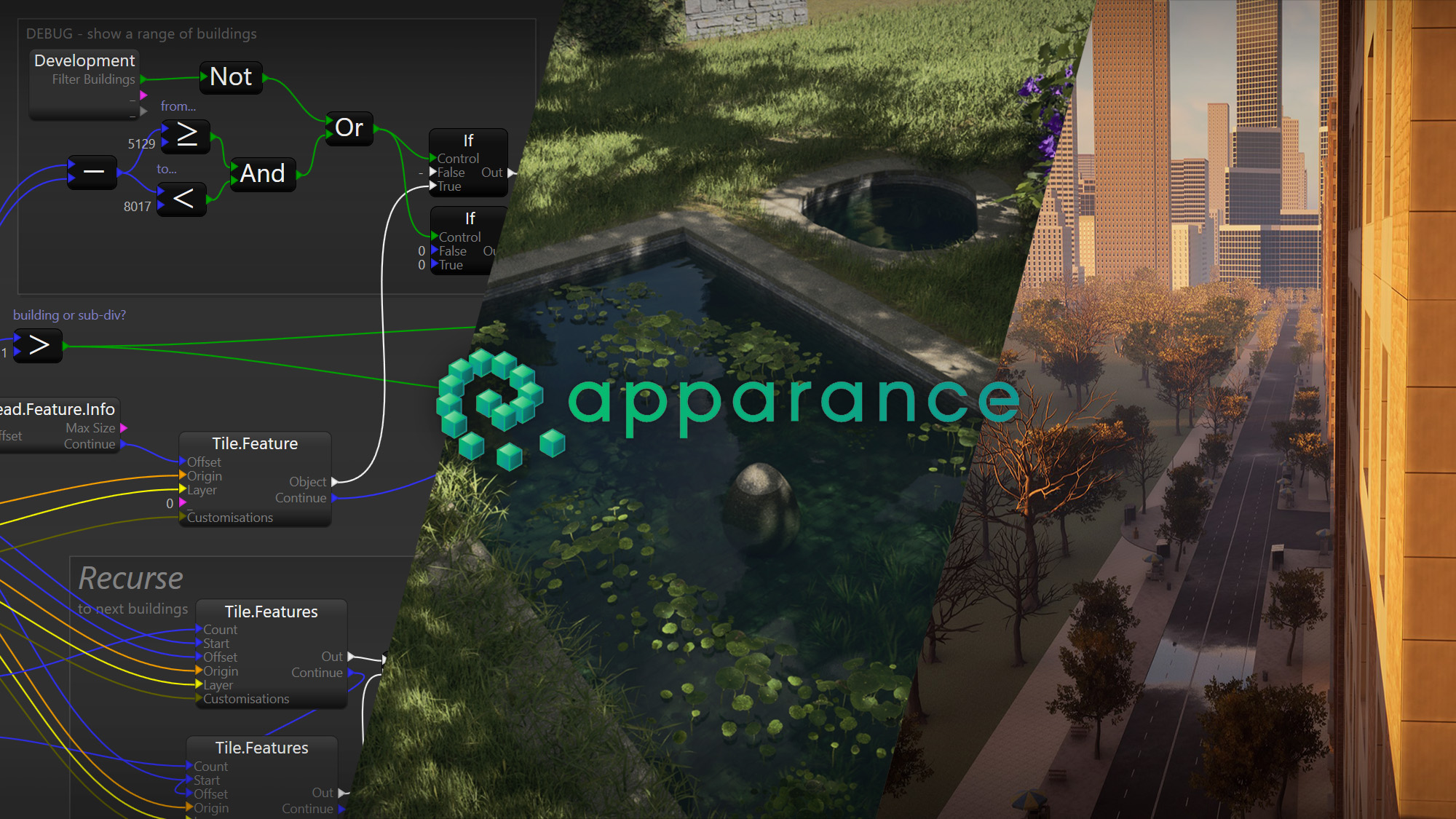
APPARANCE MASTERCLASS
This masterclass will be on-site and run over the course of two days (Thursday and Friday) from 9:00 to 17:00. To participate you need to bring your own laptop or hardware. Tickets include refreshment, lunch, and a conference ticket.
Apparance
This masterclass will feature a series of practical exercises using Apparance in Unreal Engine with guidance from the Apparance team.
An introduction and exploration of the Apparance Runtime Procedural Generation System
- Introduction and advanced uses of the Apparance Procedural Generation System.
- Learn how the Apparance workflow enables a real time feedback loop unlocking rapid iteration, exploration, and play for procedural development.
- Discover the power of run-time procedural; wielding it’s scalability, flexibility, and speed with hands-on sessions.
- Explore this highly focused toolset built around fast run-time game ready proc-gen techniques.
- Direct developer tutoring where you will be crafting structures by assembling assets, building construction logic, and codifying design decisions, into bespoke proc-gen systems.
Takeaways:
- A great overview and first-hand experience of Apparance capabilities.
- Knowledge and inspiration for exploring a more interactive approach to building worlds.
- Awareness of limitations of the existing proc-gen tools ecosystem and where Apparance compliments this with alternative approaches and techniques.
- Sample projects to investigate further at your leisure.

Sam Swain
Apparance Studios
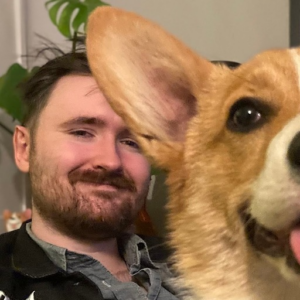
Oliver Lawson
Apparance Studios

Dan Thomas
Apparance Studios
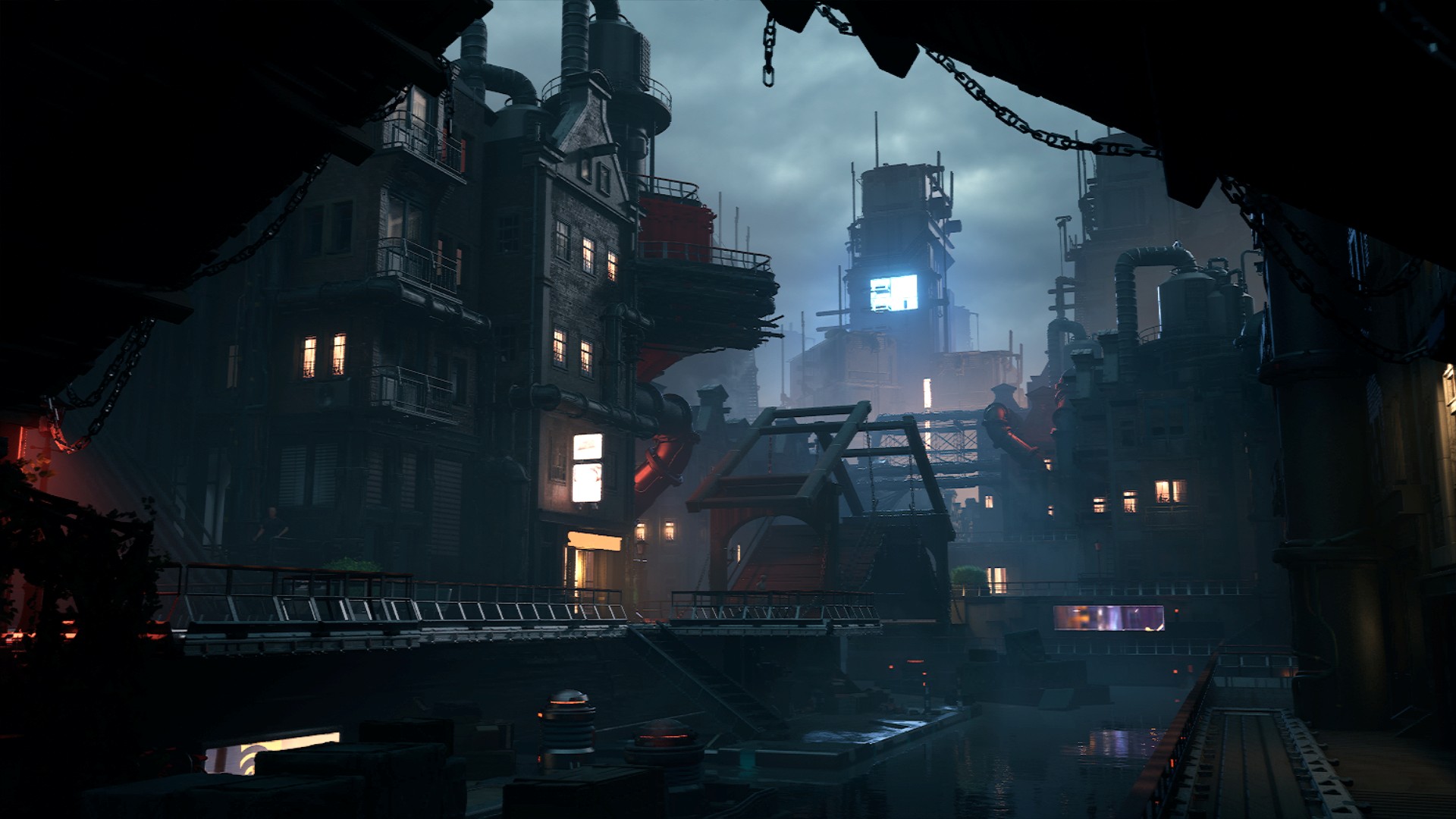
Houdini Procedural Game Worlds Masterclass
This masterclass will be on-site and run over the course of two days (Thursday and Friday) from 9:00 to 17:00. To participate you need to bring your own laptop or hardware. Tickets include refreshment, lunch, and a conference ticket.
Project Titan Evo: Procedural Game Worlds - Beginner Track
Build a small but fully playable game environment in two days using Houdini as your main content creation tool. You will block out a compact world, create modular game ready assets, generate tillable materials and trimsheets in COPs, and prepare everything for a smooth real-time experience on modern hardware. Along the way, you will learn core node-based workflows, procedural thinking for environment art, simple Houdini tools for layout and optimization, and how all of this fits into a production-ready pipeline for games.
Who this track is for:
- Beginner to early intermediate Houdini users
- Comfortable with basic 3D concepts and navigation
- Some familiarity with game engines or game art is helpful, but not required
Speakers:
- Simon Verstraete – Day III Digital
- Marn Schokker
- Kornelia Borycka
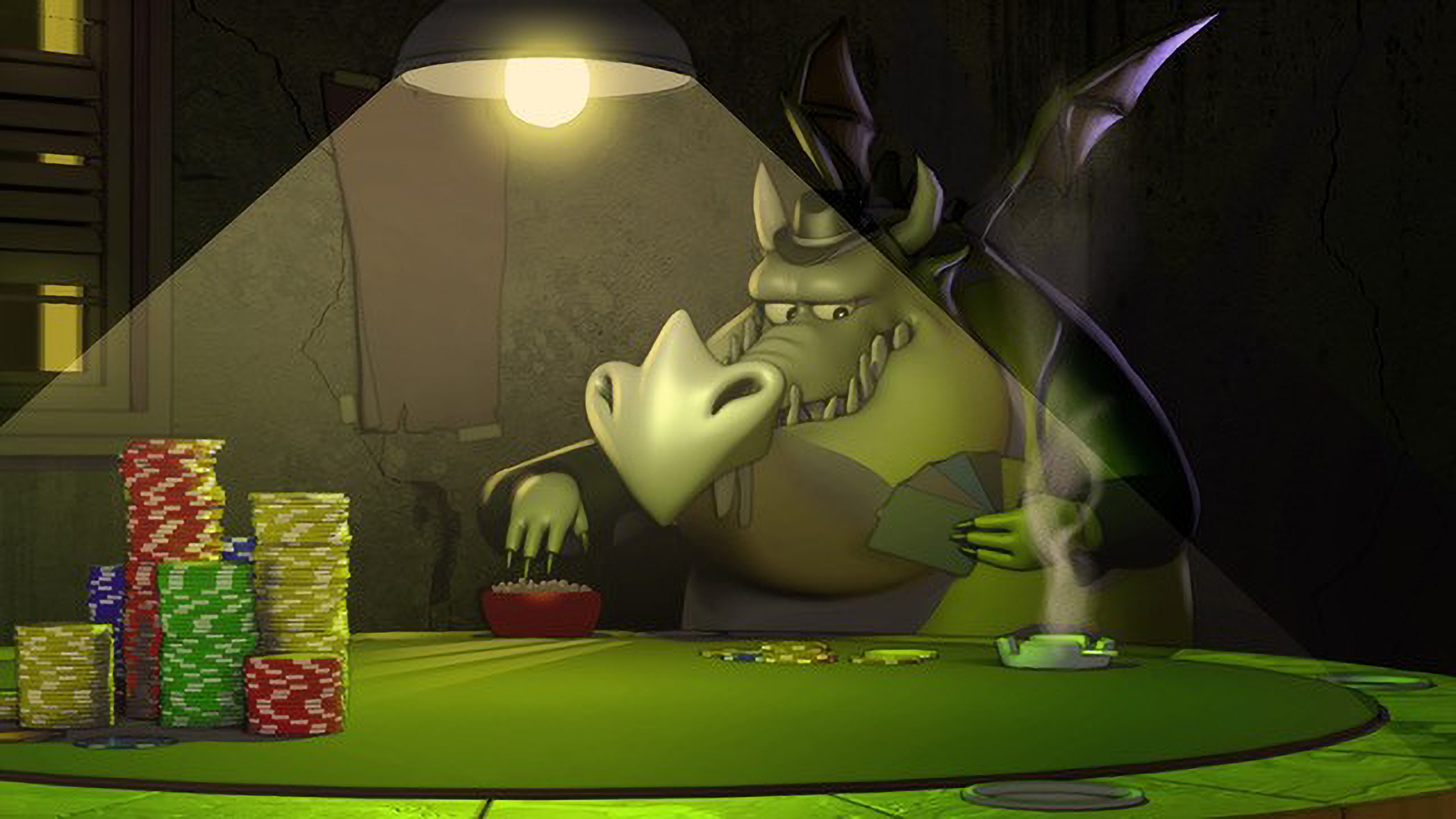
Procedural Character Storytelling Masterclass
This masterclass will be on-site and run over the course of two days (Thursday and Friday) from 9:00 to 17:00. To participate you need to bring your own laptop or hardware. Tickets include refreshment, lunch, and a conference ticket.
Kinefest: Procedural Character Storytelling - Intermediate Track
Bring your characters to life from sketch to final frame in this two day Houdini character sprint at KineFest. You will build production ready characters with procedural modeling, rig them using the latest Houdini 21 KineFX and APEX tools, and bring them into character driven storytelling with animation, FX, and stylized lookdev. By the end, you will understand the core steps needed to create a complete animated character short entirely inside Houdini within a modern USD based pipeline.
The sessions are designed to flow together, so staying for the full track will give you the best experience.
Who this track is for:
- Intermediate Houdini users
- Comfortable with the basics of SOPs and the Houdini interface
- Some prior exposure to rigging or animation is helpful but not required
Speakers:
- Roy Kristensen – Qvisten Animation
- Sasa Budimir – Freelance
- Magnus Møllers – Tumblehead
- Max Rose – SideFX
- Alasgar Hasanov – SideFX

Houdini Advanced Techniques Masterclass
This masterclass will be on-site and run over the course of two days (Thursday and Friday) from 9:00 to 17:00. To participate you need to bring your own laptop or hardware. Tickets include refreshment, lunch, and a conference ticket.
Houdini Advanced Techniques - AdVanced Track
Push Houdini beyond everyday use in this advanced masterclass focused on production-proven tools, environments, and effects. Across a series of deep dive sessions you will plug external AI and machine learning models into Houdini with ONNX, build custom datasets and synthetic renders for training, create procedural building and PCG systems, design interactive Python State driven tools, develop a texture creation pipeline using COPs, and build advanced destruction and VFX tools tailored for games. Along the way, you will see how experienced artists structure complex networks, debug and optimize heavy setups, and turn experiments into robust assets that fit into modern studio pipelines.
Who this track is for:
- Experienced Houdini users are comfortable with core contexts and attributes
- Technical artists and TDs with some Python experience
- Artists who want to integrate AI and advanced tooling into their Houdini practice
Speakers:
- Josh Karlin – SideFX
- Mohamad Salame – SideFX
- Grayson Cotrell – Naughty Dog
- Bogdan Lazar – Wave FX
STUDENT SHOWCASE
FRIDAY 10-04-2026

TO BE ANNOUNCED
To be announced.

TO BE ANNOUNCED
To be announced.

TO BE ANNOUNCED
To be announced.




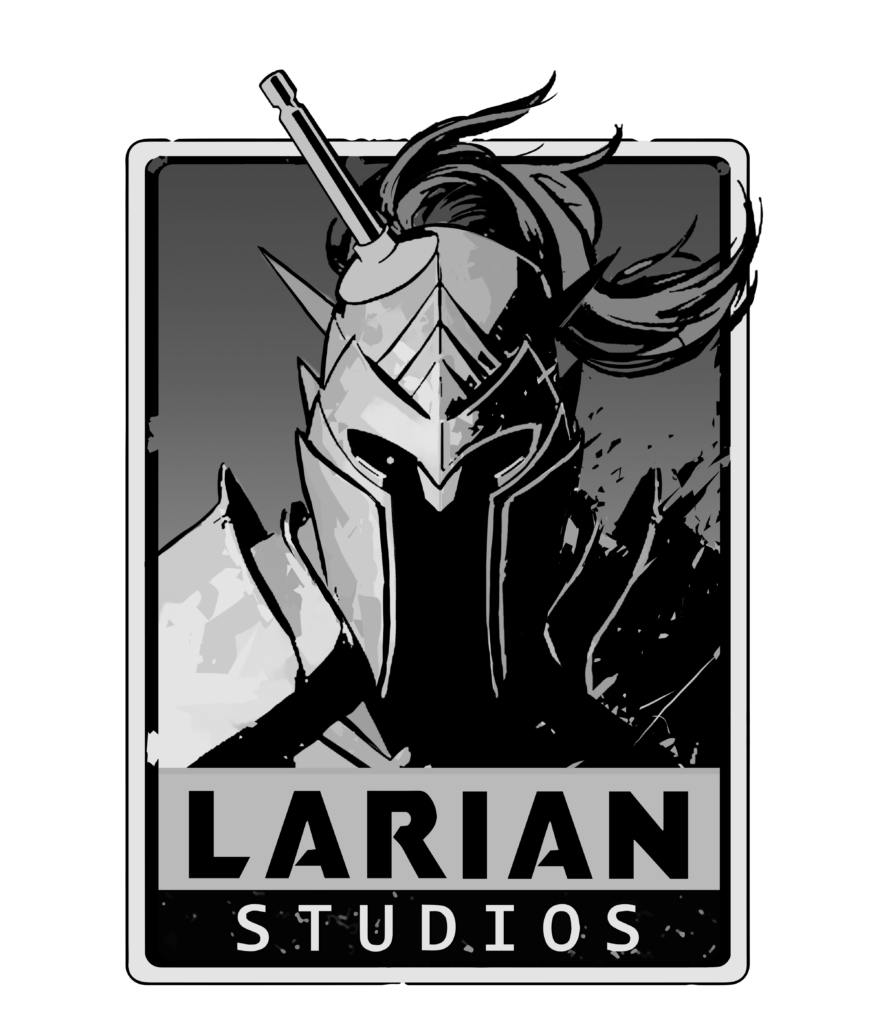
JOIN OUR NEWSLETTER
Discount is provided for students and alumni from Breda University of Applied Sciences, and other students. Make sure to bring your student card. Please use the contact form in case you want to buy discounted group tickets.
Please provide the correct promotion code at checkout.
EPC2026_BUASSTUDENT – For BUas students
EPC2026_BUASALUMNI – For BUas alumni
EPC2026_STUDENT – For students
WHERE TO FIND US
- Monseigneur Hopmansstraat 2, 4817 JS Breda